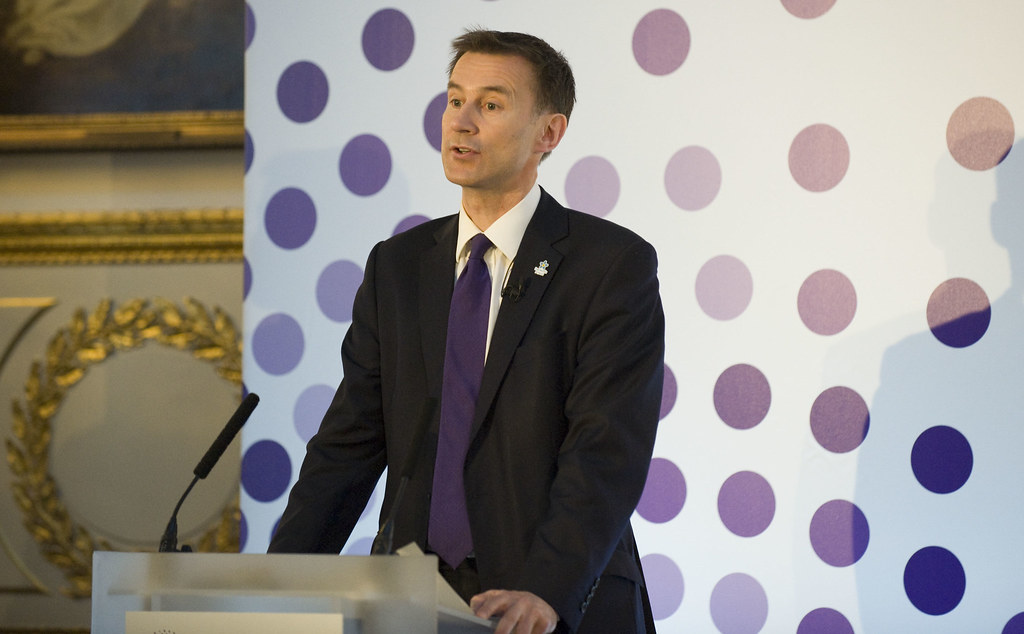UK’s manufacturing sector shrank by more than 4% this year, a survey found, with predictions of another sharp decline in 2023…reports Asian Lite News
UK’s manufacturing sector shrank by more than 4% this year, a survey found, with predictions of another sharp decline in 2023.
Deteriorating economic conditions both in the UK and abroad are imposing a “vice-like grip” on factories, industry body Make UK said Monday. Its outlook, based on a survey conducted with accountancy firm BDO LLP, showed a 4.4% contraction this year and 3.2% drop next year.
UK warned that this year’s decline is partly the result of tough comparisons, given the economic rebound from Covid in 2021, and a methodological change. Still, the forecasts have been consistently revised downward in recent months.
“There is simply no sugar-coating the outlook for next year and possibly beyond,” said Stephen Phipson, Make UK’s chief executive officer. “These are remarkably challenging times which are testing even the best and most successful of companies to the limit.
The lobby group called on Prime Minister Rishi Sunak’s government to loosen migration rules in a bid to ease labor shortages, extend relief on commercial property taxes to factories and boost tax breaks to encourage investment.
A country is in recession when its economy shrinks for two three-month periods in a row. The UK is expected to be in one by the end of the year.
A recession has been widely expected in the UK due to the prices of goods such as food, fuel and energy soaring, which is down to several factors, including the war in Ukraine.
Higher prices for goods has led to many households facing hardship and cutting back on spending, which has started to drag on the economy.
The Bank of England expects the UK recession to be the longest since records began in the 1920s and said unemployment will almost double.
Chancellor Jeremy Hunt said last month that he would try to make any recession “shallower and quicker” than predicted.
But he has warned of “eye-watering” decisions needed on public spending and taxation to “restore confidence and economic stability”.
Hunt said he was “under no illusion that there is a tough road ahead”.
The Office for National Statistics (ONS), which published the economic growth figures, said UK business investment had dropped in the three months to September and also remained below its pre-pandemic levels.
The performance of the economy is measured by the value of all the goods and services produced by the UK. This number is known as the gross domestic product (GDP).
The fall in GDP in the three months to September was driven by a decline in manufacturing, which was seen “across most industries”, the ONS said.
The ONS publishes its estimate of GDP and does sometimes revise it upwards or downwards. For example, it initially estimated that the economy shrank by 0.3% in August, but later revised that and said it shrank by 0.1%.
Darren Morgan, director of economic statistics at the ONS, said customer-facing industries also “fared badly”, with shops hard hit as the squeeze on household budgets meant people were spending less.
According to Morgan, the biggest concerns businesses said they were now facing were the rising price of raw materials and higher energy costs.
He said some firms had taken action to reduce costs by being “far more diligent”, switching to more energy-efficient equipment, and changing supplier.
Rachel Reeves, Labour’s shadow chancellor, said the latest economic figures were “another page of failure in the Tories’ record on growth”.
“Britain’s unique exposure to economic shocks has been down to a Conservative-led decade of weak growth, low productivity and underinvestment and widening inequality,” she added.
Martin McTague, chairman of the Federation of Small Businesses, called the latest economic figures “dreadful news” for firms that were already under pressure.
“Lower levels of reserves and resources mean they are more vulnerable to downturns, and at a time when confidence is deteriorating in both consumers and businesses, the outlook for the UK economy is now very bleak indeed,” he said.
ALSO READ-Indians top list of tourists visiting Dubai in 2022

